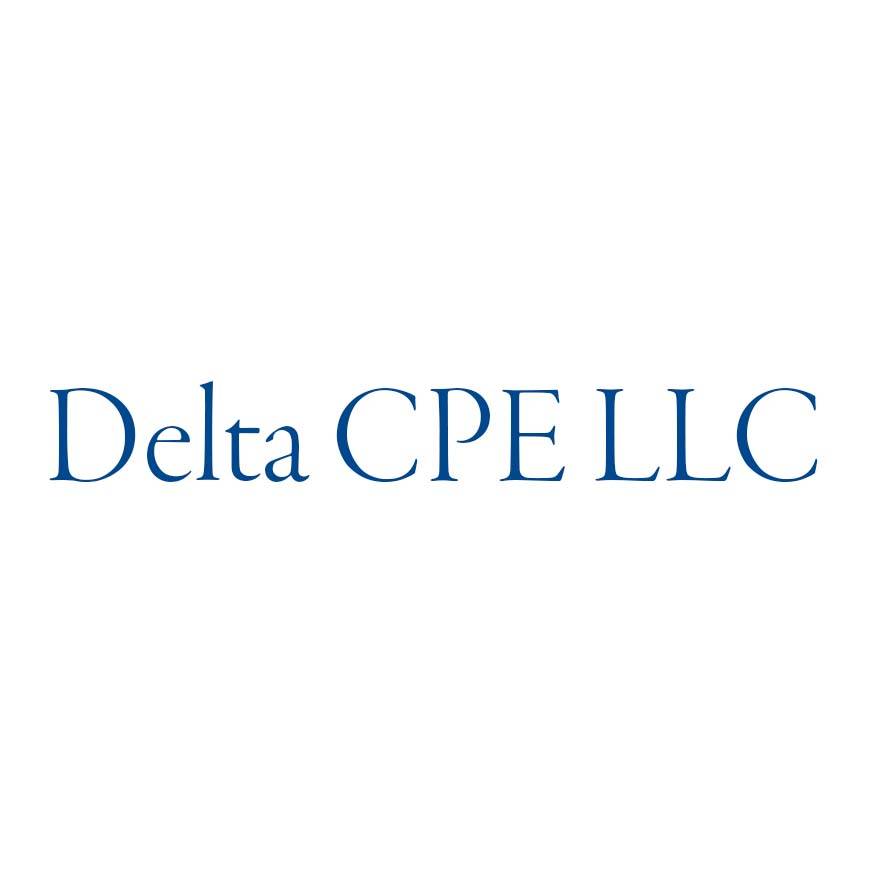Self-Study
Understanding the Economy
Analyze how economic factors like business cycles, Fed policies, and market indicators impact client businesses, enhancing your strategic advisory capabilities.

$232.00 – $262.00
Webcasts are available for viewing Monday – Saturday, 8am – 8pm ET.
Without FlexCast, you must start with enough time to finish. (1 Hr/Credit)
Please fill out the form below and we will reach out as soon as possible.
CPE Credits
8 Credits: Economics
Course Level
Basic
Format
Self-Study
Course Description
Understanding the Economy is designed for professionals seeking a deeper understanding of the macro-economic factors that shape business performance. By exploring key areas such as business cycles, inflation, and foreign exchange rates, participants will benefit from a detailed analysis of how these factors influence the business environment. The course highlights features like the impact of the Fed’s monetary policy on corporate earnings and offers a thorough explanation of various economic indicators. The benefits of this course extend beyond basic understanding; it equips professionals with the ability to analyze economic data, understand public and private sector dynamics, and comprehend the intricacies of economic policies. With this knowledge, participants will be better positioned to make strategic decisions and forecasts in an economically diverse environment.
Learning Objectives
After studying this course you will be able to:
- Identify economic trends and indicators.
- Recognize sources of economic data/variables to be analyzed.
- Distinguish between the private and public sector of the economy.
- Recognize elements of economic systems.
- Identify the goals of economic policies.
- Recognize the relationship between economic decisions and marginal measures.
- Identify different economic concepts and decisions.
- Identify economic issues of unemployment and inflation.
- Recognize the factors of unemployment and the business cycle.
- Recognize key elements in the money supply.
- Identify different measures of GDP.
- Recognize equilibrium outputs and income and natural interest rates.
- Identify the components of investment.
- Recognize and calculate the marginal propensity to save.
- Recognize the elements of fiscal policy and the components of aggregate demand.
- Recognize the primary function of money and the role of financial institutions.
- Identify the role of interest rates and the money supply.
- Recognize the relationship between investment and interest rates.
- Recognize the value of the Phillips curve and its application to monetary policy for price stability and employment.
- Identify the cause of stagflation and some potential solutions.
- Recognize some key attributes of international trade and the foreign exchange market.
- Calculate exchange rates.
- Recognize monetarism theory and Keynesian economics.
Course Specifics
1122300275
October 4, 2022
Basic Math
None
177
Compliance Information
CMA Notice: Western CPE makes every attempt to maintain our CMA CPE library, to ensure a course meets your continuing education requirements please visit Insitute of Management Accountants (IMA)
CFP Notice: Not all courses that qualify for CFP® credit are registered by Western CPE. If a course does not have a CFP registration number in the compliance section, the continuing education will need to be individually reported with the CFP Board. For more information on the reporting process, required documentation, processing fee, etc., contact the CFP Board. CFP Professionals must take each course in it’s entirety, the CFP Board DOES NOT accept partial credits for courses.
Meet The Experts

For many years, Delta CPE LLC has offered a wide variety of continuing education courses for financial professionals. Topics covered by Delta’s courses include accounting, financial management, budgeting, investments, financial statement reporting, business management, IFRS, ethics, valuations, real estate, and business writing. The diversity and breadth of Delta’s course offerings make the company a prolific and unique contributor to the CPE world. Delta’s well-credentialed authors and contributors have also been published in numerous academic and professional journals and quoted by some of the leading financial media outlets.
Related Courses
-
 Economics
Economics
Economic Indicators
Steven M. Bragg, CPA QAS Self-Study
Credits: 2 $58.00
QAS Self-Study
Credits: 2 $58.00$58.00 – $78.00
-
 Economics
Economics
Economic Analysis for Business & Strategic Decisions
Delta CPE LLC QAS Self-Study
Credits: 10 $290.00
QAS Self-Study
Credits: 10 $290.00$290.00 – $320.00
-
 Economics
Economics
Managerial Economics
Steven M. Bragg, CPA QAS Self-Study
Credits: 4 $116.00
QAS Self-Study
Credits: 4 $116.00$116.00 – $136.00
